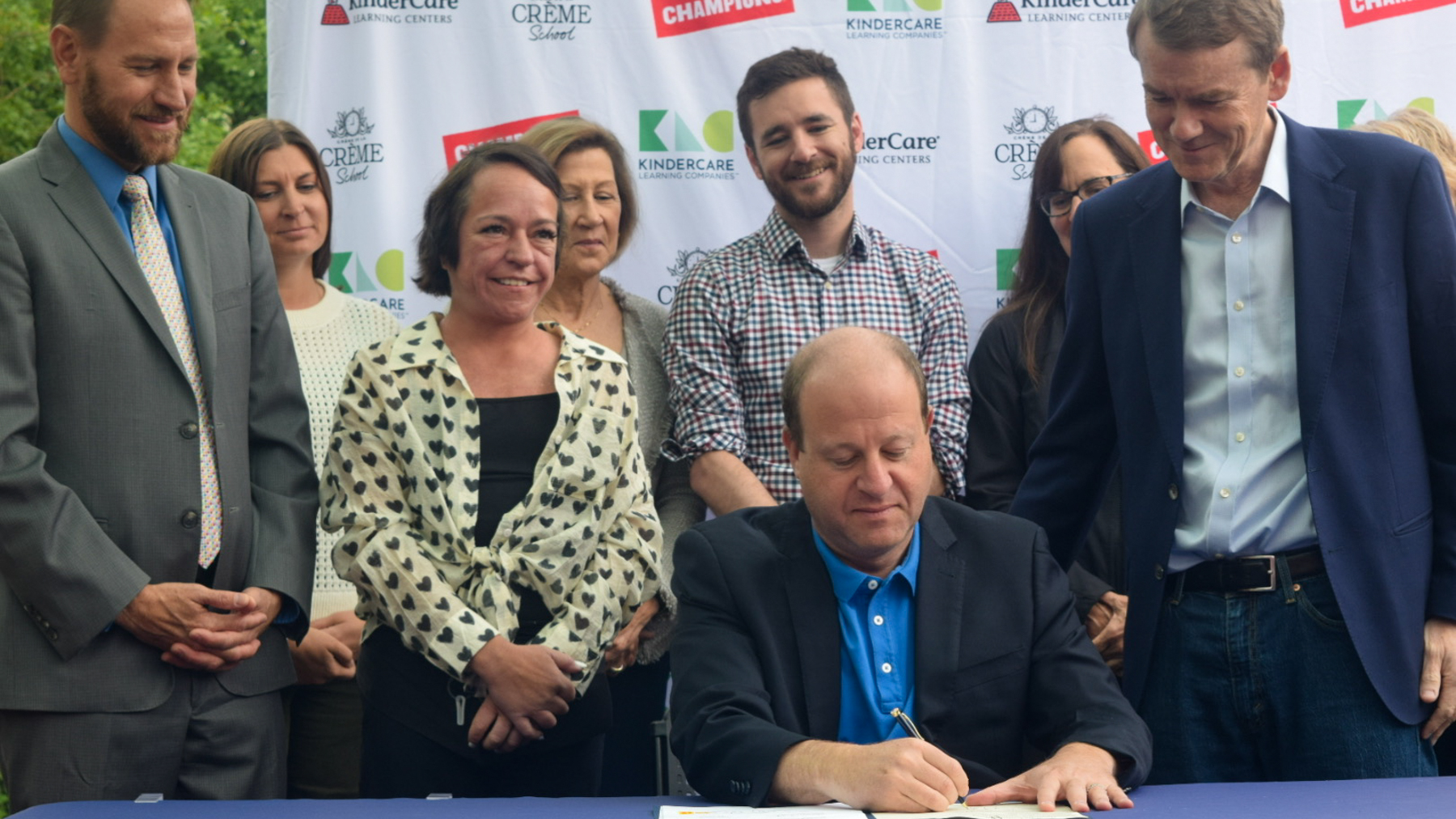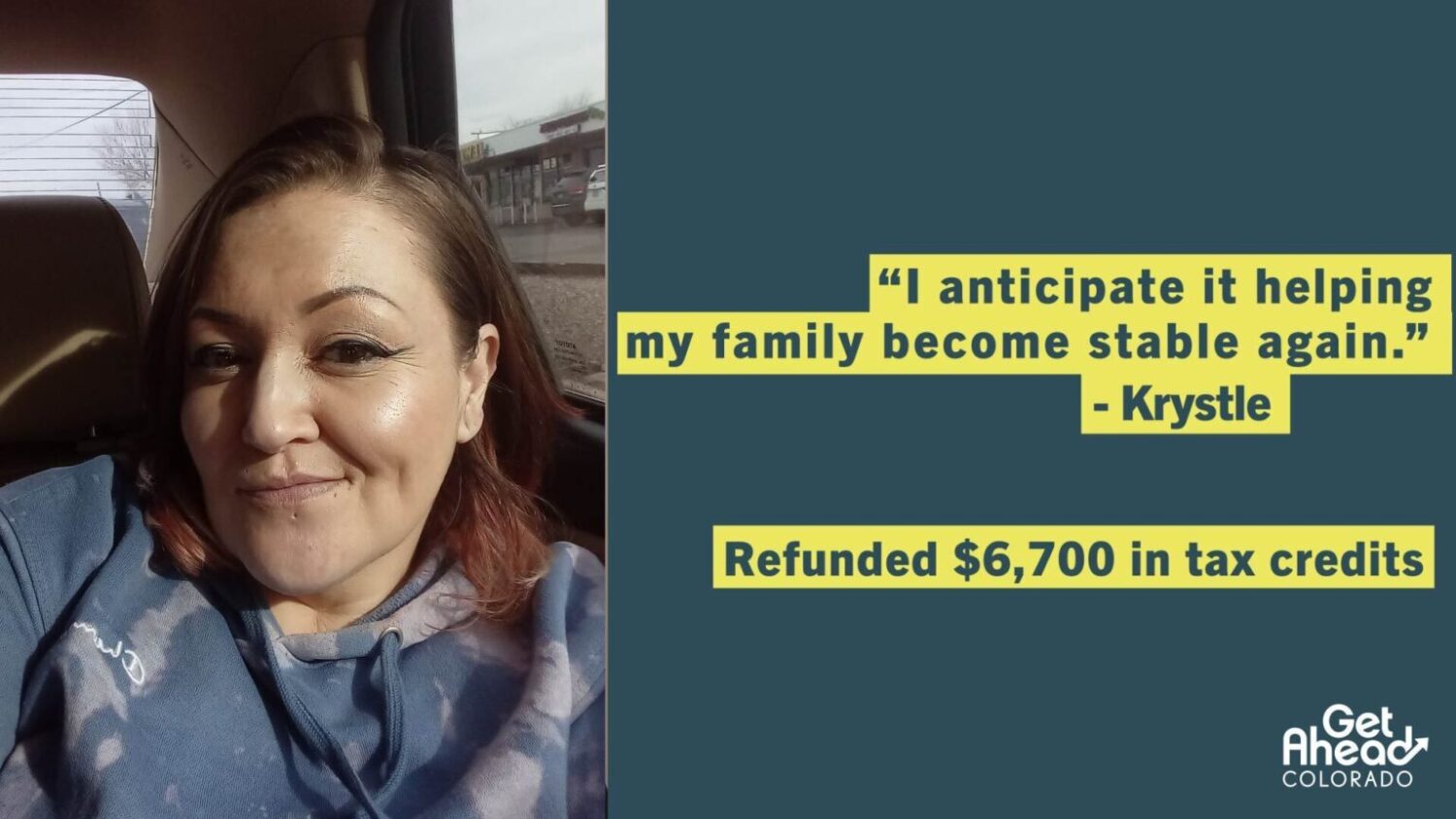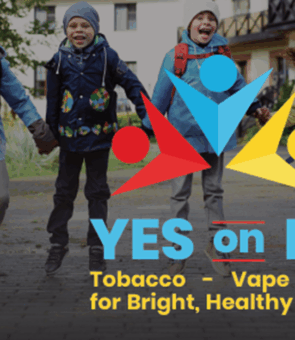Family Affordability Tax Credit
Cutting Colorado’s Child Poverty Rate to Lowest in U.S.

What Could Be
Colorado is an affordable place to raise a family, where no child has to live in poverty
Should Be
The Family Affordability Tax Credit became law and helped Colorado achieve the lowest child poverty rate in the nation
In 2024, more than 133,000 Colorado children lived in poverty. Team members from our policy arm, Gary Advocacy, led a powerful coalition of partners in an effort to cut that number in half through the passage of House Bill 24-1311, also known as the Family Affordability Tax Credit.
With families reporting a sharp rise in the cost of living and extensive research showing how refundable tax credits help families meet essential needs, the team worked in partnership with key legislators and a broad coalition to introduce a statewide bill to provide relief to families.
HB-1311, passed in 2024, harnesses a portion of Colorado’s economic growth each year to provide up to $3,200 per child as an income-based refundable tax credit to families with household incomes up to $95,000 and children through to the age of 16.
Once the bill became law, Gary’s Philanthropy team awarded grants to community organizations positioned to raise awareness about this new Family Affordability Tax Credit and encourage families to claim the credit by filing their taxes. Our New Ventures and Communications & External Affairs teams partnered with the Colorado Department of Public Health and Environment to develop a statewide awareness campaign and a simple calculator tool that helps families quickly determine the refund amounts they’re eligible to receive. Before the 2024 tax season ended, more than $810 million had been claimed.
Early modeling shows Colorado now has the lowest child poverty rate in the nation, and HB-1311 remains a flexible piece of legislation that can be adjusted with inflation or to meet the state’s budgetary needs.
“The poverty rate across 38 states without refundable child tax credits would drop to 8.7% — the lowest poverty rate in the nation — if they adopted a state child tax credit policy with Colorado’s design.”
Columbia UniversityCenter on Poverty and Social Policy
Valuable Tax Credits Missing Colorado Families Most in Need
In 2024, Colorado families were living through a paradox. Despite the state’s reputation for having one of the fastest-growing economies in the nation, affordability challenges reached crisis levels. One in four households could not meet basic needs such as food, housing, childcare and clothing.
The median-priced home required an income well into six figures, far beyond the reach of many working families. For those earning minimum wage, the math was even harsher: they would need to work 77 hours per week just to afford a modest one-bedroom apartment at $1,364 per month.
These structural affordability issues bore down hardest on children. More than 133,000 Colorado kids were living in poverty in 2024. Rates of child poverty soared above the national average in many rural counties, with some communities seeing nearly one-third of children in cost-burdened households. Families of color were disproportionately impacted: nearly one in five Black families and over one in eight Latino families lived at or below the poverty line. For parents, the stress was palpable — 83% worried that their children would not be able to afford to live in Colorado as adults.
With such stark realities, policymakers and advocates began searching for tools that could move the needle in real, immediate ways. Refundable tax credits had a proven track record nationally in stabilizing families, reducing child poverty and strengthening local economies. Leveraging this evidence, advocates saw in the new refundable Family Affordability Tax Credit (FATC) not only a financial bridge for families, but also a structural step toward reversing Colorado’s affordability crisis for families.
Delivering Tax Credits to Colorado Families
our work to transform public benefits and Tax Credits
$810M Directly Into the Hands of Colorado Families
By the close of the 2024 tax season, FATC had exceeded expectations. All funds eligible to be claimed were not only accessed but actually oversubscribed, reflecting both the high demand and strong uptake among families. In total, more than $810 million was claimed by Colorado households before the tax season even ended, delivering critical support for food, housing, child care and savings.

FATC demonstrated that, with well-designed policy, catalytic philanthropy and intentional narrative change, Colorado could drive down child poverty while strengthening its economy. In fact, according to a 2025 report from the Columbia Center on Poverty and Social Poverty Center, Colorado was poised to see the largest poverty reduction in the nation.












